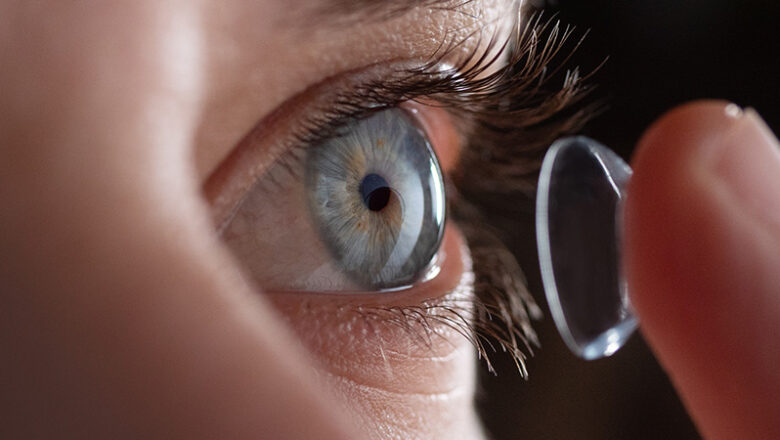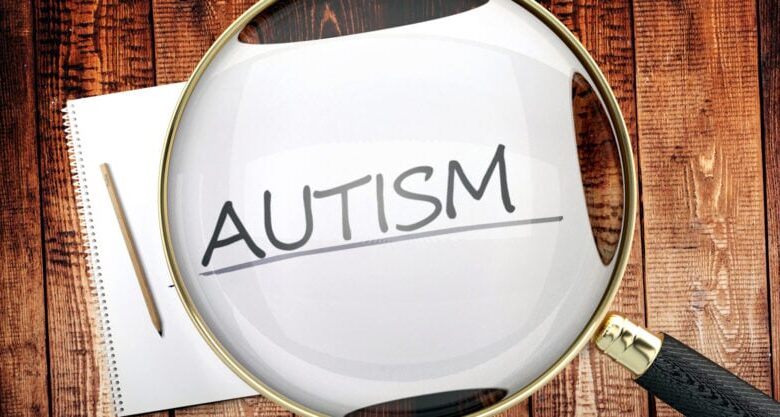
Eye Aesthetics and Health: Lasik Surgery and Other Eye Surgeries
Eyes are one of the most important sensory organs in the human body. Eye health is an important indicator of our overall health. Nowadays, many people resort to various eye surgeries to cope with vision problems and improve eye aesthetics. In this article, we will provide an overview of Lasik surgery and other eye surgeries, focusing specifically on eye aesthetics and health.
What is Eye Aesthetics?
Eye aesthetics involves surgical or laser-based procedures aimed at improving the appearance and function of the eyes. This type of surgery is usually to reduce the use of glasses or contact lenses. It is preferred by people who want to correct refractive errors or cope with the signs of aging.
Lasik Surgery: A Fast and Effective Solution
Lasik (Laser-Assisted In Situ Keratomileusi...





